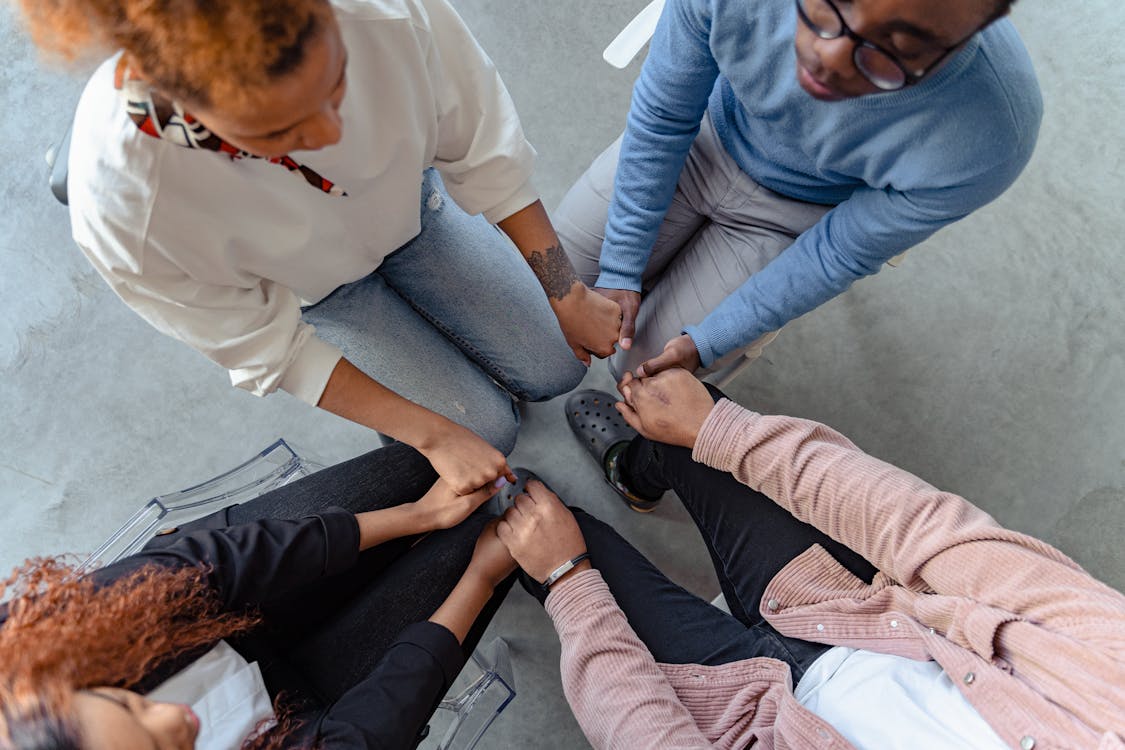Group Therapy vs. Individual Counseling: Which Option is Best for You?
When seeking help for mental health, addiction, or emotional well-being, choosing between group therapy and individual counseling can be a critical decision. Each approach offers unique advantages, and understanding these differences can help you decide which path may suit your personal needs. Whether you’re looking for behavioral therapy, substance abuse treatment, or mental health counseling, making the right choice is essential for long-term success. This blog will explore the benefits of both group therapy and individual counseling, helping you determine which option may be the best for you.
Understanding Group Therapy
Group therapy is a form of counseling where individuals with similar challenges meet regularly under the guidance of a licensed therapist. In this setting, participants share their experiences and learn from one another. This approach is particularly effective for issues like alcohol addiction help, anxiety counseling, and anger management counseling. Group therapy offers a sense of community, which can be incredibly beneficial for individuals who may feel isolated in their struggles.
One of the main advantages of group therapy is the opportunity to interact with people who are facing similar challenges. For example, individuals dealing with substance abuse treatment can benefit from hearing how others have coped, providing motivation and practical advice. The shared experiences in group therapy foster a sense of belonging and reduce feelings of isolation.
Additionally, group therapy often allows people to practice social skills in a supportive environment, which is helpful for those struggling with anxiety or interpersonal issues. Participants can see firsthand how others manage their emotions, which can provide new perspectives on dealing with their own feelings. For individuals seeking marriage counseling or family counseling, group therapy can also serve as a way to explore common relationship dynamics and communication styles within a community setting.
However, it’s important to consider that group therapy may not be as tailored to specific needs as individual counseling. In some cases, individuals may feel that the focus is too broad or that their personal issues aren’t being fully addressed. Nonetheless, group therapy provides a valuable platform for personal growth and community support.
The Benefits of Individual Counseling
In contrast, individual counseling offers a one-on-one therapeutic experience with a trained therapist. This type of counseling is ideal for people who prefer personalized attention and confidentiality, which can be particularly important for more sensitive issues like trauma, deep-seated emotional pain, or complex family matters. Anxiety counseling, couples counseling, and mental health counseling are often most effective when individualized, as they require a deep understanding of the client’s specific needs and concerns.
Individual counseling offers a highly tailored approach, allowing therapists to focus entirely on the individual’s personal history, emotional state, and goals. This level of personalization is particularly useful for those seeking behavioral therapy or anger management counseling, where individualized strategies can be developed to address specific triggers and emotional responses.

Moreover, individual counseling allows for more privacy, which is crucial for some clients. If you’re dealing with particularly sensitive or stigmatized issues, such as alcohol addiction help or trauma-related challenges, individual counseling offers a safe and confidential space to work through these problems. This setting can provide a stronger therapeutic bond between the counselor and the client, creating a more comfortable environment for personal reflection.
However, one potential downside to individual counseling is the lack of peer support. While a therapist can offer professional guidance, they cannot replicate the sense of shared experience that group therapy provides. For some, hearing that others are facing similar struggles can be a crucial motivator for recovery and healing.
Which Option is Right for You?
Deciding between group therapy and individual counseling largely depends on your specific needs, personality, and preferences. If you’re looking for a strong sense of community and find comfort in knowing that others share your struggles, group therapy may be an ideal choice. It’s especially helpful for people seeking substance abuse treatment, marriage counseling, or family counseling, where learning from others’ experiences can be particularly enlightening.

On the other hand, if you value personalized care, confidentiality, and a focused therapeutic relationship, individual counseling might be the best option. It’s an excellent fit for those dealing with private issues like trauma or complex family dynamics that require undivided attention from a therapist.
For individuals seeking help with anger management, anxiety counseling, or behavioral therapy, the choice may depend on how comfortable they feel in group settings versus one-on-one sessions. Group therapy allows you to learn from others, while individual counseling offers more tailored strategies specific to your emotional and mental health needs.
Ultimately, many people find that a combination of both approaches works best. You might start with individual counseling to address specific issues and later transition into group therapy for ongoing support and shared learning. Or, you might prefer the collaborative environment of group therapy from the outset. Either way, the most important factor is finding a therapeutic path that feels right for you and aligns with your mental health goals.

Choosing the Right Path for Your Mental Health Journey
Both group therapy and individual counseling offer unique benefits that can support your mental and emotional well-being. Whether you’re struggling with alcohol addiction, anxiety, or looking for help through couples counseling or family counseling, there is a path that can guide you toward healing and self-discovery.
At Comprehensive Counseling Services, we provide a wide range of therapeutic services, including both group and individual counseling in Barrow County. Whether you’re seeking behavioral therapy, substance abuse treatment, or simply want guidance on navigating life’s challenges, our compassionate team is here to help.
Contact us today to explore how our mental health clinic in Barrow County can support your journey.

